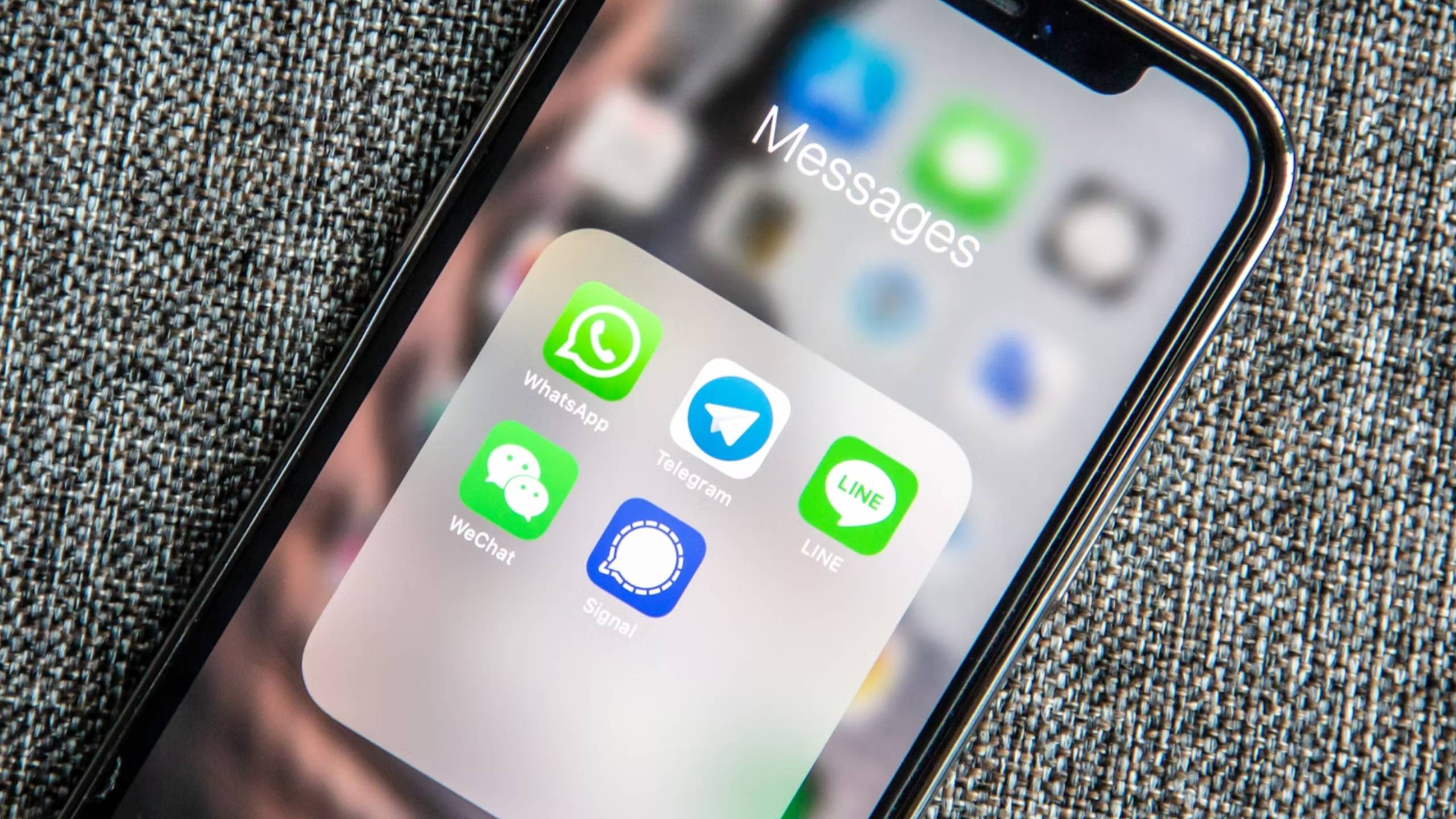Telegram’s new peer-to-peer login system could be a privacy nightmare
Just pay $5 a month for Telegram instead

If you don’t want to spend $5 a month on Telegram’s premium service, but still want the features it offers, there’s a new (albeit, really bad) way to achieve your goal.
Telegram will now allow people to access its premium subscription tier for free if they agree to allow Telegram to use their phone numbers to send one-time passwords (OTP) to other Telegram users. Telegram calls the service its “Peer-to-Peer Login” and promises to only use any given number up to 150 times to send users a passcode to log in to their accounts.
But it gets worse. In addition to using a user’s phone number to send the OTP, the company said that the recipient will see the sender’s phone number. Telegram is in no way responsible for any harassment that may follow.
According to The Verge, which earlier reported on the policy, “Accordingly, you understand and agree that Telegram will not be liable for any inconvenience, harassment or harm resulting from unwanted, unauthorized or illegal actions undertaken by users who became aware of your phone number through P2PL,” the company’s Terms of Service read.
That would suggest a decidedly dangerous prospect for those who sign up for Telegram’s service, considering anyone who receives the OTP from the person’s number could conceivably text that person back anything they want.
The move is a decidedly odd one for a company in Telegram that fashions itself as a privacy-first platform. Indeed, Telegram has earned a worldwide user base thanks to its end-to-end encryption, the ability to have secret chats and its use of self-destructing messages. It’s a place people go to maintain their privacy, not have it infringed upon.
It’s unclear why Telegram has decided to take this tack. According to The Verge, Telegram said that using other users’ phone numbers makes it more reliable for users in areas where SMS is a better means of verifying login details than an Internet connection. It’s also worth noting, however, that wireless carriers can and will charge customers for sending access codes, and Telegram said in its terms that it will not be liable for those charges. Telegram may be passing the cost of sending OTPs on to its users.
Get instant access to breaking news, the hottest reviews, great deals and helpful tips.
Whatever the case, it could prove to be a privacy breakdown of epic proportions for those who sign up for the program. And it may just be worth the $5 a month to get ads removed, larger upload sizes, and more channels, among other premium tier features, if it means preserving your privacy.
More from Tom's Guide
- iOS 17.4 beta just landed — here’s all the new features for your iPhone
- Best phone battery life: These are the longest lasting phones
- iPhone 16 and iPhone 16 Plus key specs just tipped
Don Reisinger is CEO and founder of D2 Tech Agency. A communications strategist, consultant, and copywriter, Don has also written for many leading technology and business publications including CNET, Fortune Magazine, The New York Times, Forbes, Computerworld, Digital Trends, TechCrunch and Slashgear. He has also written for Tom's Guide for many years, contributing hundreds of articles on everything from phones to games to streaming and smart home.
 Club Benefits
Club Benefits





